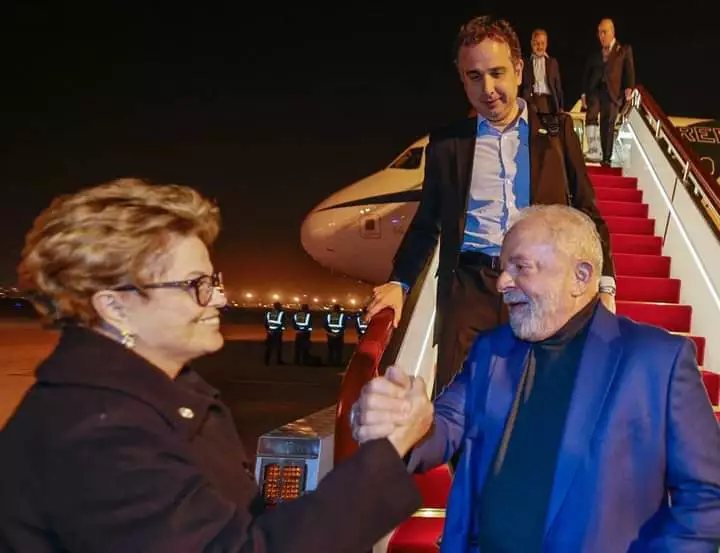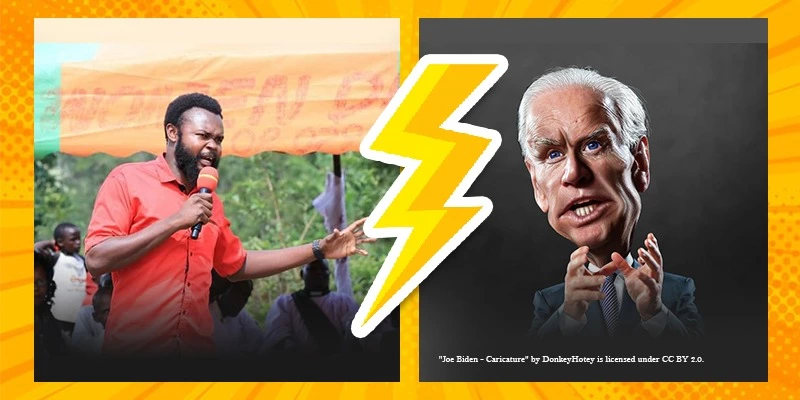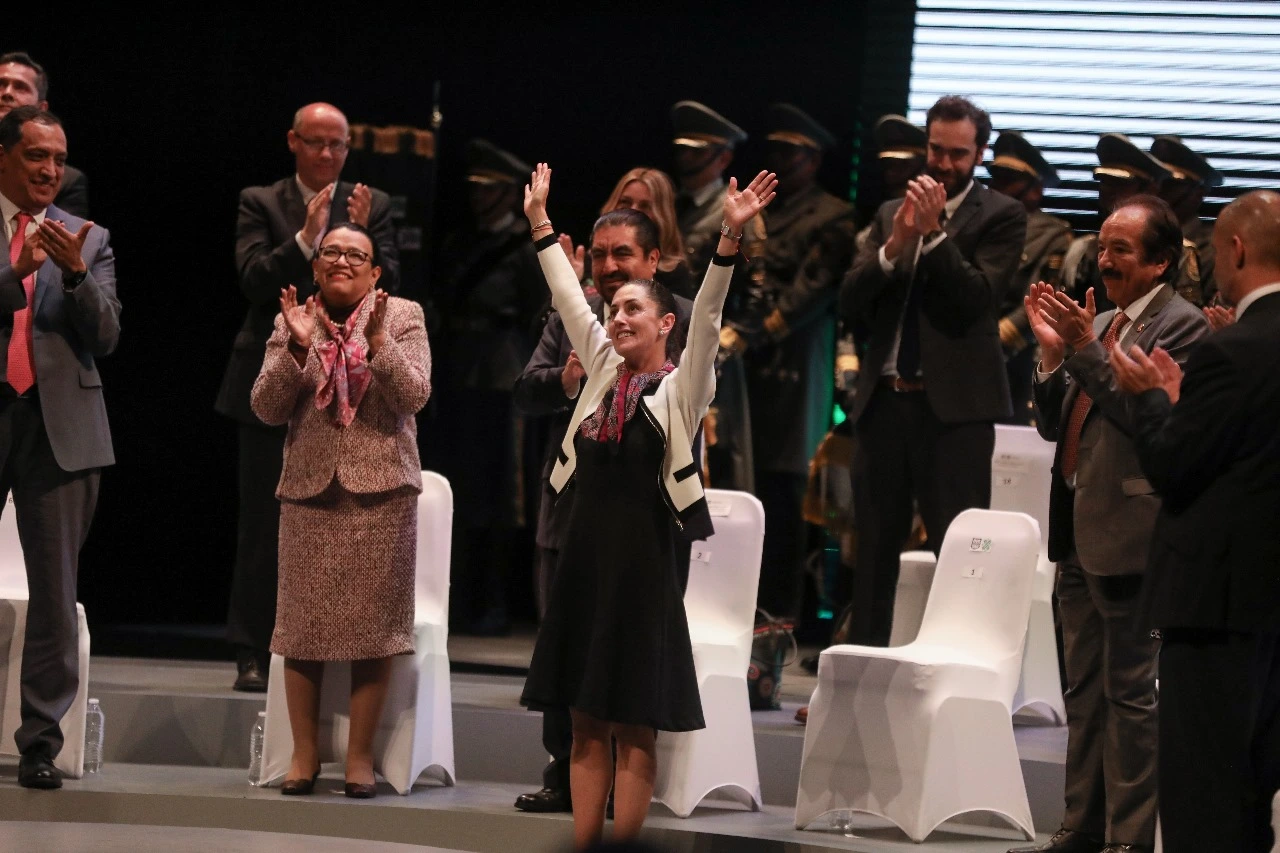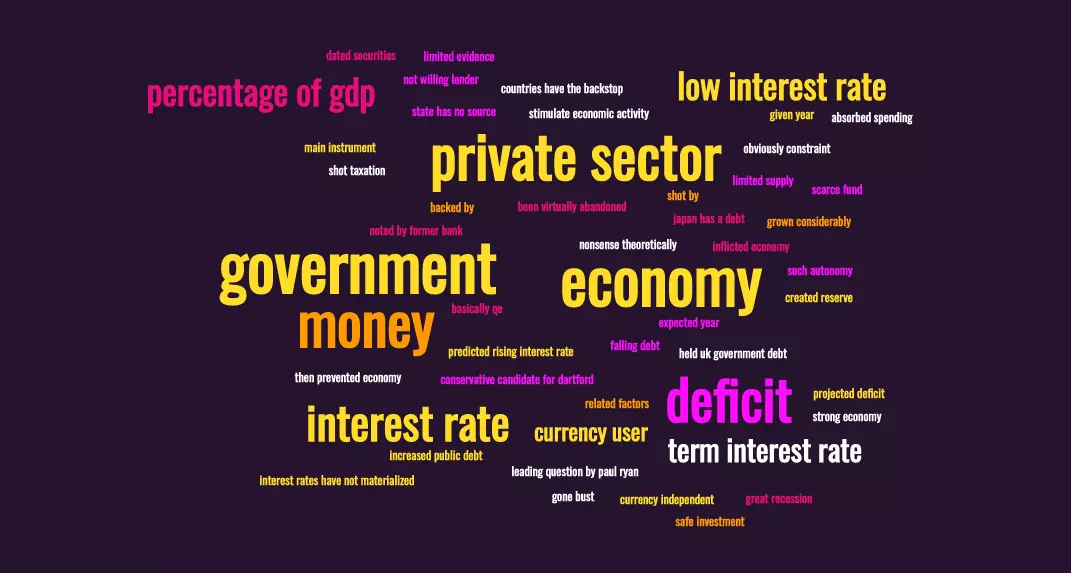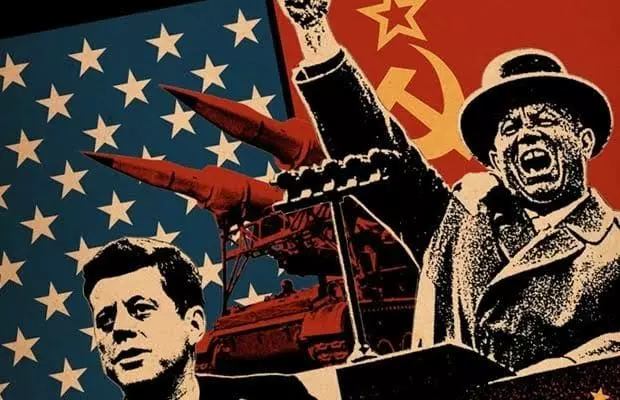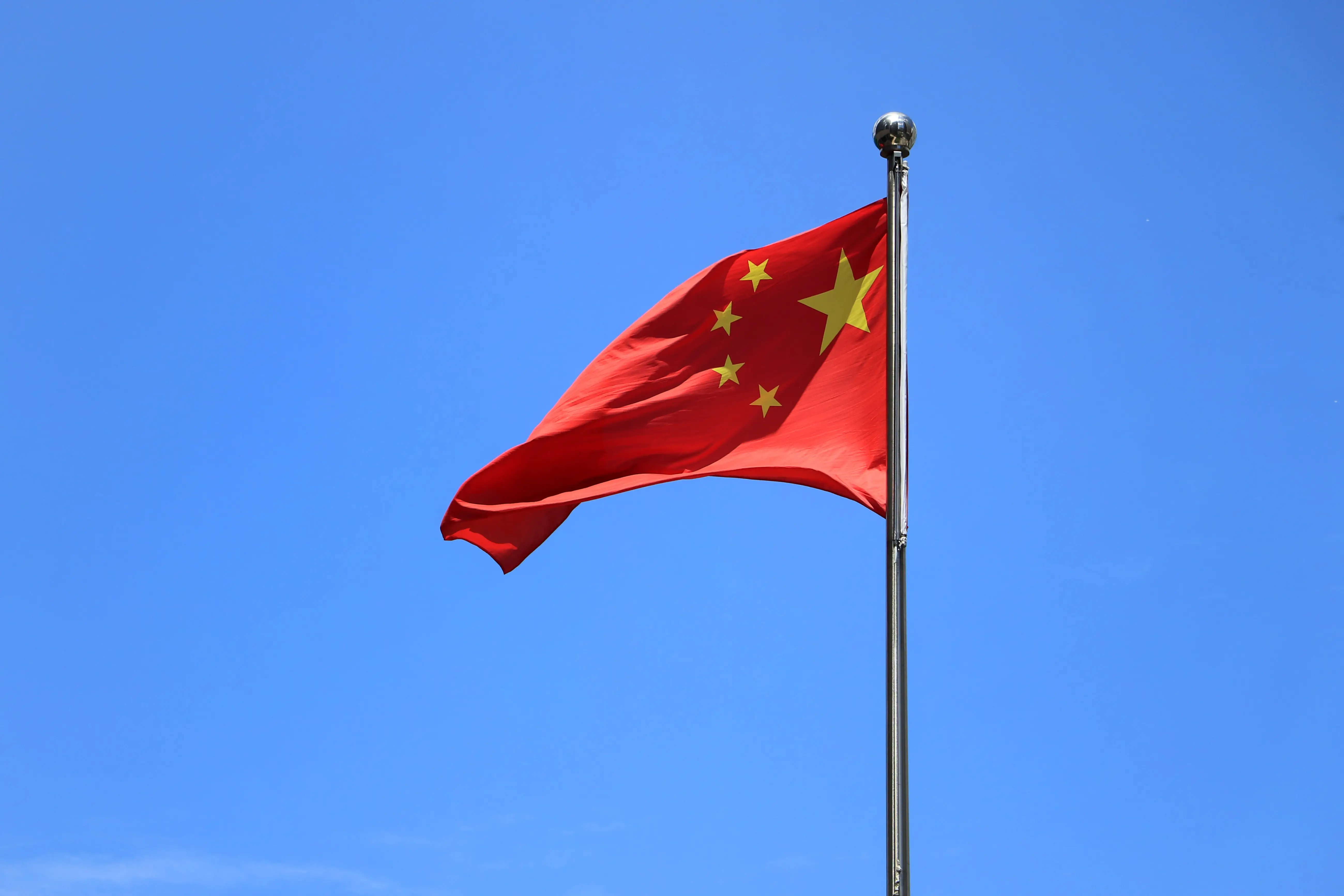Brazil’s President, Luiz Inacio Lula DaSilva (Lula) arrived in China amid world headlines suggesting he is in the country to repair and rebuild the relationship with China.
The truth is the relationship between the two countries needs no repair. Both are founder members of BRICS and, while Brazil is not a subscriber to China’s Belt and Road Initiative (BRI), it’s likely it soon will be, Brazil also currently holds the position of the largest recipient of Chinese investment in Latin America.
Whilst it would be fair to suggest that there was some antagonism between Lula’s predecessor, Jair Bolsonaro in the period leading up to his election, it is inaccurate to suggest there are problems between the nations. Bolsonaro’s electioneering, as widely reported in 2019, shifted to cooperation once he got into power, Bolsonaro and Xi met, not only in Beijing but in Brazil too when Xi attended a BRICS summit there and trade between the two giants grew.
As China’s media reports. Lula is visiting the country to strengthen relations and there’s no mention of any rift in the relationship, not because of any form of censorship, but because there really isn’t a rift to report, there never was.
Indeed, companies such as Huawei, which seems to cause the most angst in US lawmakers decision making process have invested heavily in Sao Paolo with an $800m plant to make phones and signed a memorandum of understanding to build a 5G city in Curitaba, the capital of Parana State, despite US protestations.
China is Brazil’s largest export destination and this situation has not changed, it’s grown progressively even through the Covid Pandemic and, despite the usual anti-China rhetoric, continued to grow through this supposed period of imaginary antagonism; with just one exception.
One of Brazil’s most important exports is soybeans but in 2018, there was a glitch and sales reduced. This wasn’t caused by any disagreement between Brazil and China, it was caused by the cessation of a disagreement between the USA and China during Trump’s era. One of the requirements under the normalizing of relations between China and the USA at the time, was for China to purchase US beans. From that date until today, record amounts of soybeans are being shipped from the USA and less from Brazil.
China honouring agreements is not something US media outlets ever talk about. Nor will they talk about the USA stepping between trading partners such as they did when record amounts of coal were shipped from Virginia to China just as Australia entered a dispute over their dirty coal. It’s also hard to find reports of the record amounts of US lobsters which were shipped to China as a different dispute prevented those crustaceans from being sent to China.

If we’re starting to see a pattern here, its not a surprise; the USA has either stepped in to fill the gap or has, in some cases such as gas supplies to Europe, orchestrated the issue, usually through sanctions, price slashing, or taking advantage of some global event in order to benefit their own trade at the cost of their allies’ exports (think Nord-Stream). In 2021, the USA also inked a massive gas deal with China to the detriment of Australia, their closest ally in the Pacific region.
While making these inroads into their allies’ trading base, the US produces dozens if not hundreds of media reports to demonstrate that a problem exists between those countries and China. Enriching themselves at the same time as benefiting themselves by creating a poor public perception of China.
Emerging economies such as Brazil have a huge foundation of agricultural products, minerals and resources but lack the infrastructure to capitalise on them and it has become apparent they cannot turn to the G7’s Build Back a Better World (B3W) for help, that initiative, which was launched in 2021 has yet to announce any real progress. When Biden did announce progress all he announced was a list of projects that had already been started and no indication of anything resembling new infrastructure for much-needed development at home or abroad.
Brazil and China, during Lula’s visit will be talking about developments in Artificial Intelligence, science and technology with a theme of “beyond complementarity” which means the relationship will go beyond the usual trade and economic into digital innovations such as e-commerce and trade in local currencies. In fact, to cement this foundation, ICBC, the world’s largest bank, reported just this week that they had settled their first cross border trade with Brazil in China’s RMB Yuan. Brazilian bank Banco Bocom BBM SA, has also received authorisation to act as a clearing house for China’s currency in Brazil.
It's important to note what this means in terms of trade between the two countries. Reliance on the dollar has been removed and therefore a third currency transaction with the fees and exchange rate fluctuations can now be avoided. Money is transacted cheaper and with stability. It’s also a step towards one very important, yet inevitable future global event; dedollarisation.
There’s one other aspect of trade which goes remarkably unreported even in China’s media and that is the Portuguese language connection to the Special Administrative Region of Macau. Macau and the Mainland cooperation zone of Hengqin have several special foci; one is Traditional Chinese Medicine and another is Biomedical and these industries through the economic strength of the Greater Bay Area are being internationalized to the Portuguese speaking world. These fields are complimentary to the fact that Brazil is the home of the world’s most biodiverse regions; the Amazon.
Between the largest Asian and largest South American countries, there are far more areas of agreement than there have ever been areas of disagreement. This visit is likely to build on the already solid foundation that BRICS and China’s infrastructural support have provided and we can expect a lot more cooperation in economic, digital, financial, technical and biomedical fields. It seems highly unlikely that any outside influence will come between them.
Picture Credit: Ricardo Stuckart
